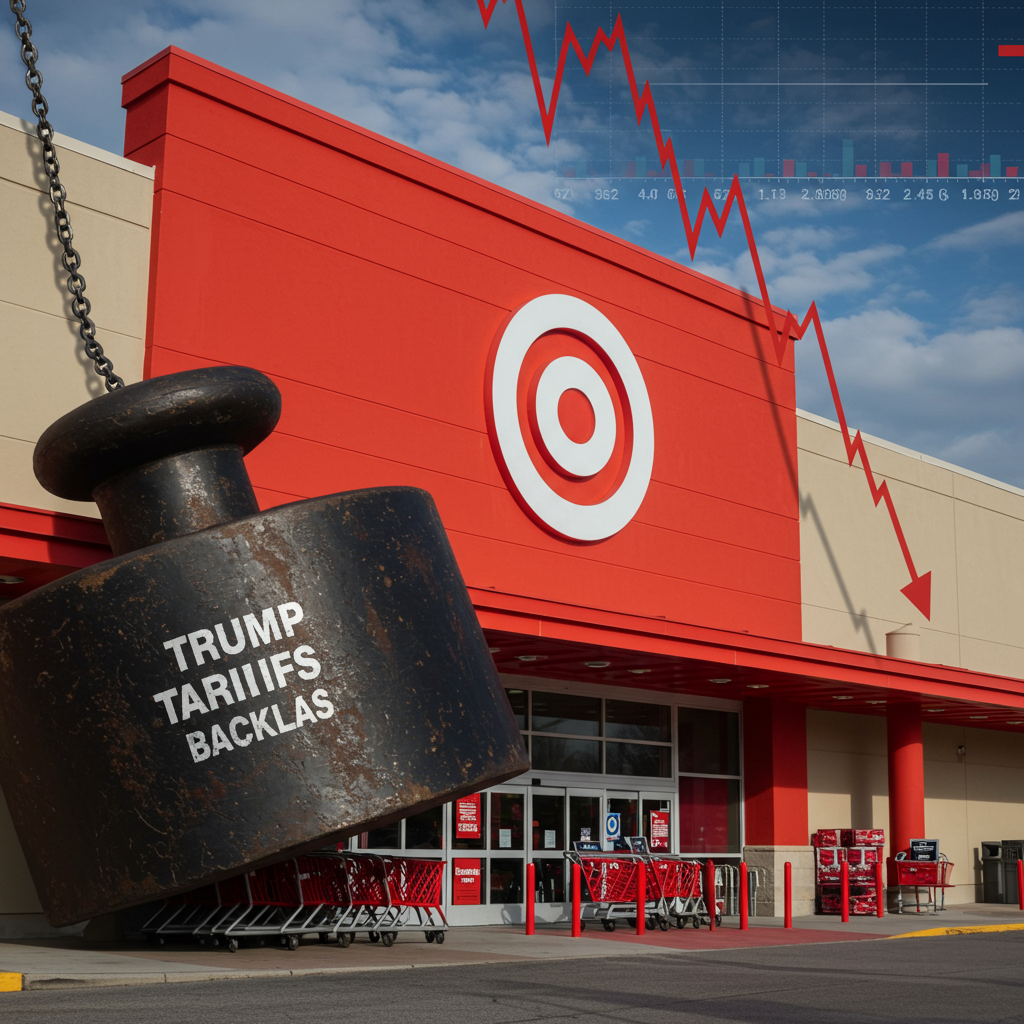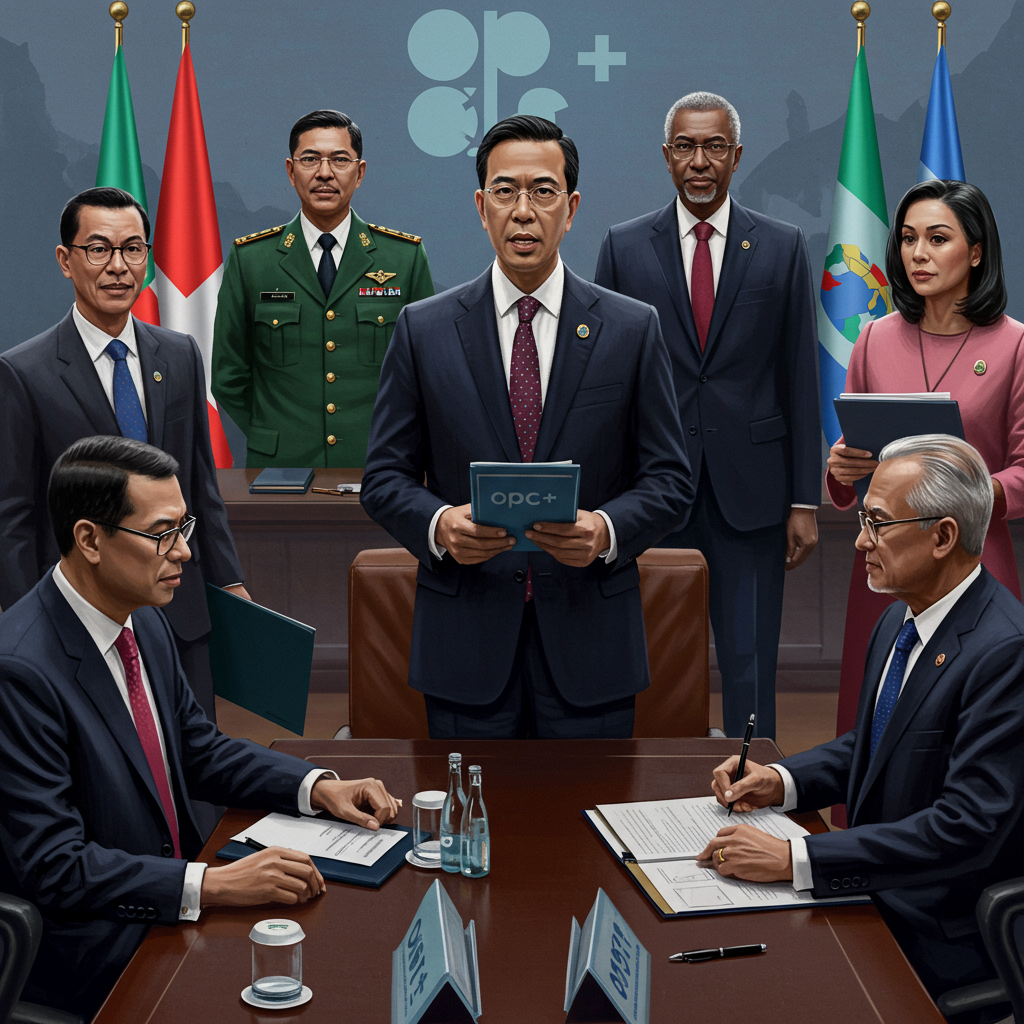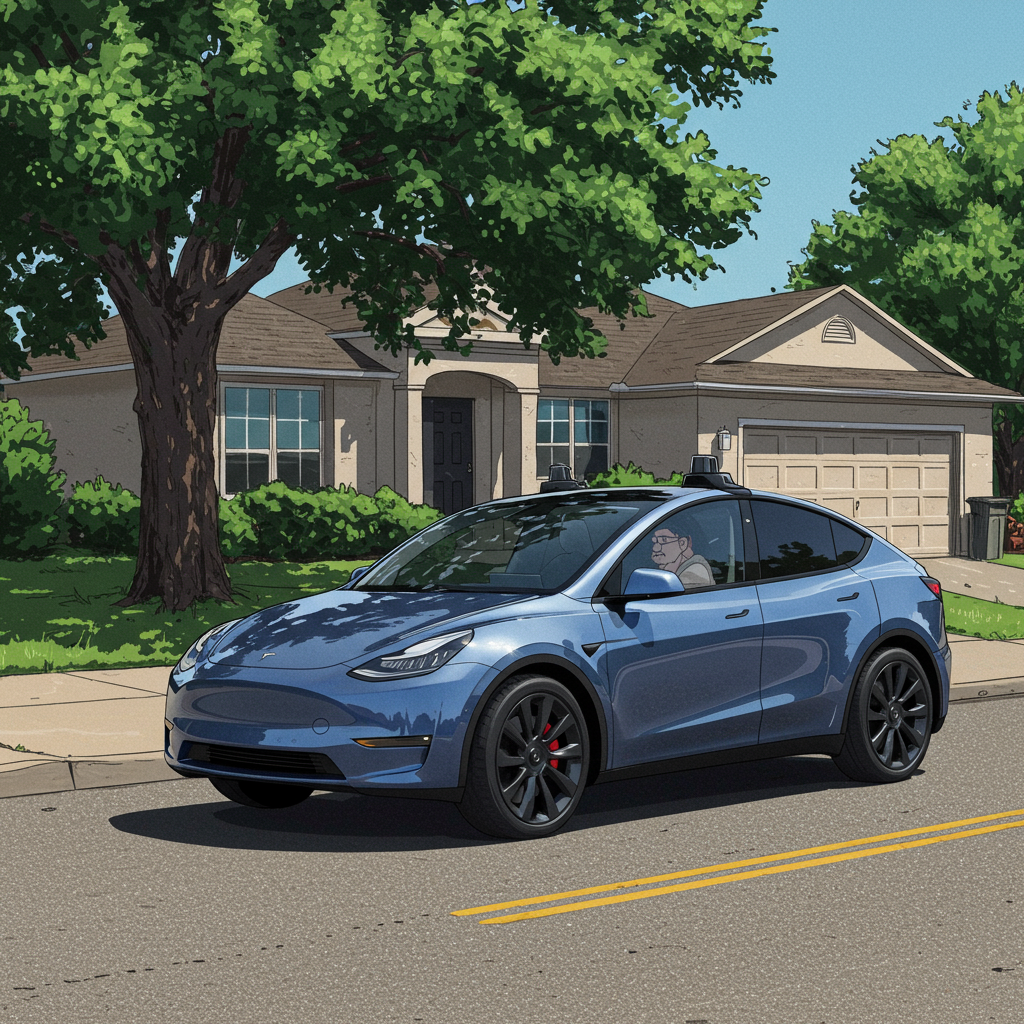US retail giant Target is facing significant headwinds, forcing the company to slash its financial expectations for the year. A sharp decline in recent sales has been attributed to a “highly challenging environment,” notably impacted by the reintroduction of trade tariffs and the lingering effects of a backlash over previous diversity, equity, and inclusion (DEI) initiatives.
Sales at the retailer slumped by 5.7% in the three months leading up to May. This poor performance has led Target to dramatically revise its annual forecast, now anticipating a low-single digit decline in sales, a stark contrast to its earlier projection of roughly 1% growth.
The Double Whammy: Tariffs and DEI Fallout
Target’s challenges stem primarily from two major factors:
- Trade Tariffs: The tariffs, largely associated with former President Donald Trump’s trade policies aimed at boosting US manufacturing by taxing imported goods, have increased costs for retailers. While a truce with China de-escalated the trade war, US import taxes on Chinese goods remain significantly elevated, reportedly around 30%. Target is particularly vulnerable as a substantial portion of its merchandise, especially its non-essential goods like home furniture and beauty products (unlike grocery-heavy competitors like Walmart), are sourced internationally, with 30% of its store-label goods still coming from China (though down from 60% in 2017). Economists and business leaders warn that these tariffs could lead to higher consumer prices and are already causing trade disruptions and investment delays.
- DEI Backlash: The company also faced fallout from its January decision to end its diversity, equity, and inclusion (DEI) targets. This move came amid broader opposition to such policies, which has reportedly influenced other major firms. Target was sued by a group of shareholders earlier this year, who alleged the company concealed risks related to its DEI initiatives. The lawsuit pointed to a significant backlash in 2023 over LGBTQ+ merchandise, which reportedly resulted in a drop in both sales and stock price, alongside boycotts. While Target’s CEO acknowledged the DEI policy reversal played a role in recent performance, the exact financial impact remains unquantified.
- https://www.bbc.com/news/articles/c30885gj1leo
- https://www.bbc.co.uk/news/articles/c30885gj1leo
- https://www.bbc.com/news/articles/cjr7e2z1rxyo
- https://finance.yahoo.com/news/target-sales-hit-trump-tariffs-163048523.html
- https://uk.finance.yahoo.com/news/trump-tariffs-live-updates-us-china-agree-to-slash-tariffs-in-90-day-trade-truce-191201246.html
Navigating the Tariff Landscape
Target executives have expressed reluctance to confirm potential price increases due to higher import taxes, describing price hikes as a “last resort.” The company’s strategy hinges on mitigating costs through supply chain adjustments rather than immediately passing them on to consumers.
Efforts are focused on:
Negotiating with existing suppliers.
Expanding the supplier base to reduce reliance on China.
Increasing the sourcing of products within the United States.
Adjusting the timing and quantity of orders.
Target’s chief commercial officer stated that these measures are expected to offset the “vast majority of the incremental tariff exposure.” This approach contrasts with Walmart, which recently indicated it would raise prices due to tariffs, prompting criticism from Donald Trump, who suggested companies should absorb these costs themselves. Other retailers are also adapting, with some reportedly considering global price increases to spread the impact of US tariffs.
The combination of elevated trade costs impacting its supply chain and the residual effects of policy-related backlash have created a challenging environment for Target, leading directly to the significant reduction in its sales forecast for the year.




